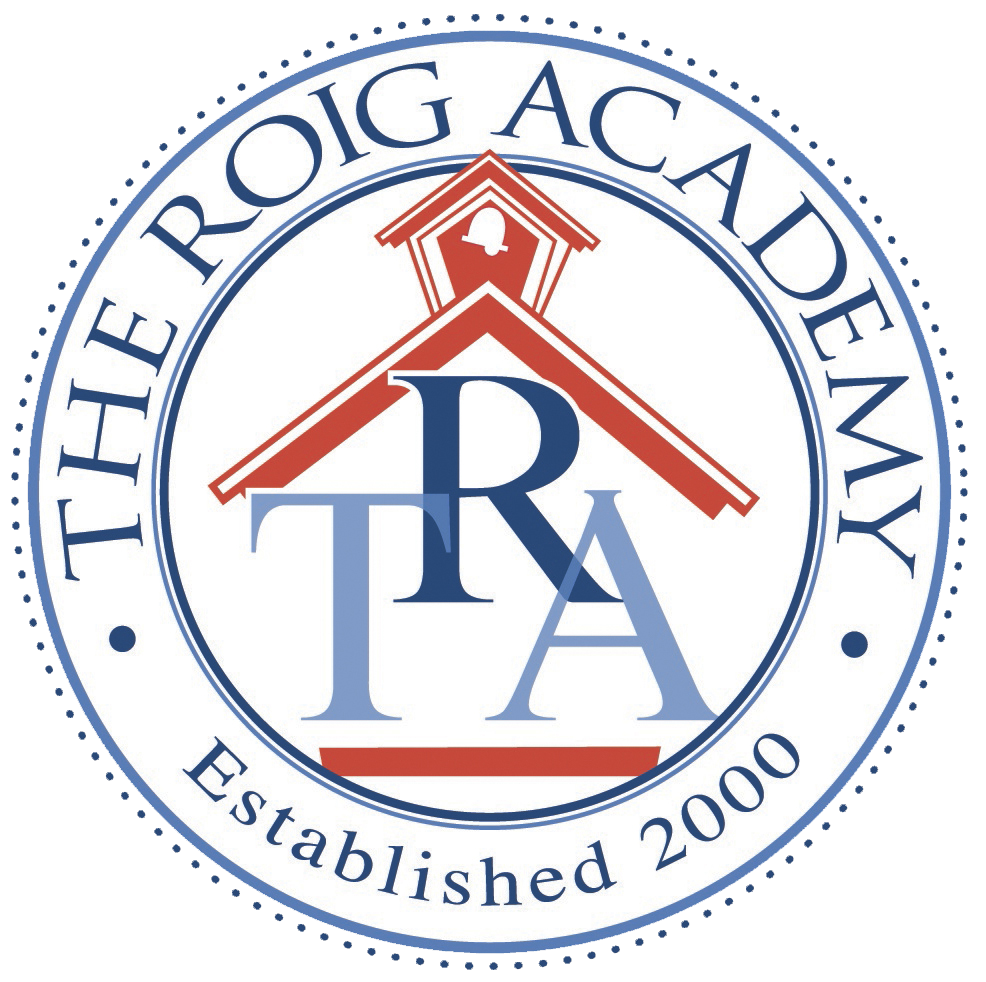Preschoolers can show early warning signs of dyslexia long before they start reading. That is because dyslexia affects a variety of language skills that are the building blocks for reading. In this article, we are going to take a look at what dyslexia is, the symptoms of dyslexia in preschool, and the importance of early identification and intervention.
What is dyslexia?
Dyslexia is a general term used to describe disorders that involve difficulty in learning to read, write, or interpret words, letters, and other symbols. But, it is important to note that dyslexia does not affect general intelligence. There are three types of dyslexia; visual (trouble recognizing printed letters or words), auditory (trouble distinguishing certain sounds or connecting sounds to letters), and expressive writing (difficulties drawing or writing legibly or trouble proceeding from thinking a word to writing it). It is possible for your child to have any or all of these types of dyslexia.
How common is dyslexia?
According to Dyslexia Help, dyslexia is thought to be one of the most common language-based learning disabilities. Looking at people with reading difficulties, 70-80% of them are likely to have some form of dyslexia. In fact, between 5-10% of the population has dyslexia. But, this number can also be as high as 17%. Once again, it is important to remember that dyslexia occurs in children with all intelligence levels.
Signs of dyslexia in preschool
Here are some signs of dyslexia in preschool, according to Understood.org:
- Often mispronounces words, such as saying “beddy tear” such as “teddy bear”.
- His or her doctor considered him to be a “late talker.” He or she has said few words by their second birthday and has trouble saying words accurately (using “baby talk”).
- Often has difficulties naming familiar objects. He or she says general words like thing and stuff instead of the names of objects.
- Has trouble learning a new word, even after you’ve tried teaching it to them several times.
- Often has difficulty learning nursery rhymes or song lyrics that rhyme.
- Has trouble remembering sequences, such as the letters of the alphabet or the days of the week.
- Often tells stories that are difficult to follow; has trouble talking about events in chronological order
- Has trouble remembering and following directions with multiple steps.
- Can’t point out his or her own name and has trouble writing it.
Early identification and intervention
According to this study by the University of California, Davis, and Yale University, identifying children with dyslexia as early as first grade could narrow or even close the achievement gap with typical readers. The data indicates that it is no longer acceptable to wait until a child is in third grade or later to before making efforts to identify or address dyslexia.
“If the persistent achievement gap between dyslexic and typical readers is to be narrowed, or even closed, reading interventions must be implemented early, when children are still developing the basic foundation for reading acquisition,” said Emilio Ferrer, a UC Davis psychology professor.
This information urges parents and teachers to pay special attention to reading and writing difficulties a child may be facing, earlier than previously suggested. As a dyslexic child gets older without intervention, their issues will only hurt their educational performance and self-esteem. Early intervention with children that show signs of dyslexia can make a big difference later on in their lives.
With early intervention being critical for you child, getting help may seem a little overwhelming. But, finding support for your child and family is easier than you think. At The Roig Academy, we are welcoming, open, honest, and focus on highlighting a child’s strengths. We pride ourselves in nurturing a learning community that embraces the individual needs for all of our students. Parents can find more information about dyslexia in preschool and other learning disabilities here.
Let’s get to know each other!
You can also contact admissions at 305-235-1313.

